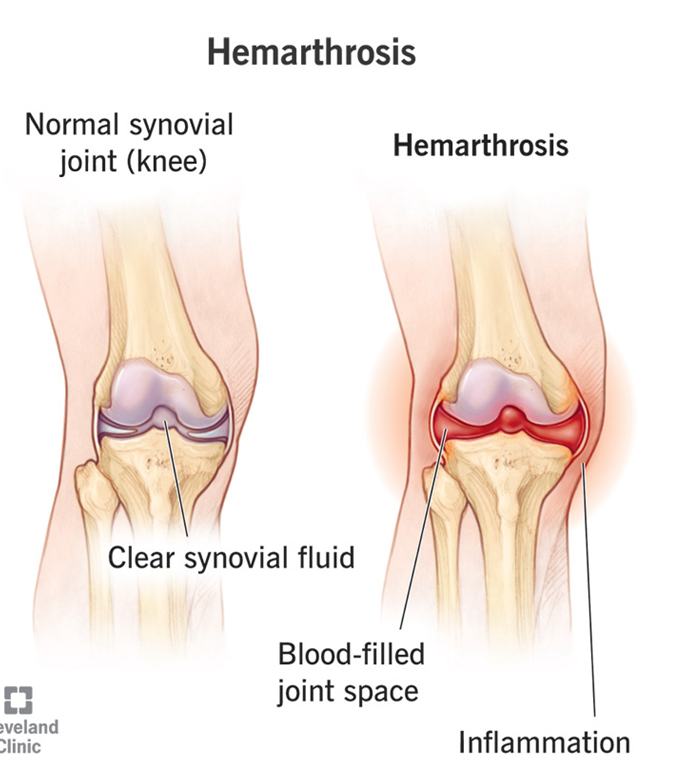Which therapeutic management should the nurse prepare to initiate first for a child with acute diarrhea and moderate dehydration?
Oral rehydration solution (ORS)
Antidiarrheal medications such as paregoric
Clear liquids
Adsorbents, such as kaolin and pectin
The Correct Answer is A
Choice A reason:
Oral rehydration solution (ORS) is the first-line treatment for children with acute diarrhea and moderate dehydration. ORS contains a precise balance of electrolytes and glucose, which helps to rehydrate the child effectively by promoting the absorption of water and electrolytes in the intestines. The World Health Organization (WHO) and the American Academy of Pediatrics recommend ORS as the preferred treatment for dehydration caused by diarrhea. It is effective, easy to administer, and can be given at home or in a healthcare setting.
Choice B reason:
Antidiarrheal medications such as paregoric are not recommended for children with acute diarrhea. These medications can slow down the movement of the intestines, which may prolong the infection and increase the risk of complications. Additionally, they do not address the underlying cause of dehydration. The primary goal in managing acute diarrhea is to rehydrate the child, which is best achieved with ORS.
Choice C reason:
Clear liquids, such as water, broth, or diluted fruit juices, can be used to provide some hydration, but they do not contain the necessary electrolytes to effectively treat moderate dehydration. Clear liquids alone are not sufficient to replace the lost electrolytes and fluids caused by diarrhea. ORS is specifically formulated to address these needs and is more effective in rehydrating the child.
Choice D reason:
Adsorbents, such as kaolin and pectin, are not recommended for the treatment of acute diarrhea in children. These substances can bind to the contents of the intestines and may reduce the frequency of stools, but they do not address the underlying dehydration. The primary focus should be on rehydration with ORS, which provides the necessary electrolytes and fluids to restore the child’s hydration status.
Nursing Test Bank
Naxlex Comprehensive Predictor Exams
Related Questions
Correct Answer is C
Explanation
Choice A reason:
Rye and oats: Rye contains gluten, which must be avoided by individuals with celiac disease. Oats, while naturally gluten-free, can often be contaminated with gluten during processing. Therefore, they should be introduced cautiously and only if labeled gluten-free.
Choice B Reason:
Wheat and corn: Wheat is a major source of gluten and must be strictly avoided by those with celiac disease. Corn, on the other hand, is naturally gluten-free and safe for consumption. However, since wheat is included in this option, it is not suitable for a gluten-free diet.
Choice C Reason:
Rice and soy: Both rice and soy are naturally gluten-free and safe for individuals with celiac disease. They are excellent alternatives to gluten-containing grains and provide essential nutrients.
Choice D Reason:
Barley and millet grain: Barley contains gluten and must be avoided by those with celiac disease. Millet is naturally gluten-free and safe for consumption. However, since barley is included in this option, it is not suitable for a gluten-free diet.
Correct Answer is D
Explanation
Choice A reason:
Keeping the affected extremity below the level of the heart is not recommended in the management of hemarthrosis in a child with hemophilia A. Elevating the affected limb can help reduce swelling and pain by promoting venous return and decreasing pressure in the joint.
Choice B Reason:
The use of topical analgesic cream on the painful area is not a primary treatment for hemarthrosis in hemophilia A. While it may provide some temporary relief, it does not address the underlying issue of bleeding within the joint. The primary treatment involves replacing the missing clotting factor.
Choice C Reason:
Instructing the parent to call their health care provider to obtain a plan of care is important, but it is not the immediate management step for hemarthrosis. Prompt treatment with clotting factor replacement is crucial to stop the bleeding and prevent joint damage.
Choice D Reason:
Prompt infusion of Factor VIII is the primary treatment for hemarthrosis in a child with hemophilia A. This treatment helps to replace the missing clotting factor, stop the bleeding, and prevent further joint damage. Early intervention is essential to minimize complications and promote healing.

Whether you are a student looking to ace your exams or a practicing nurse seeking to enhance your expertise , our nursing education contents will empower you with the confidence and competence to make a difference in the lives of patients and become a respected leader in the healthcare field.
Visit Naxlex, invest in your future and unlock endless possibilities with our unparalleled nursing education contents today
Report Wrong Answer on the Current Question
Do you disagree with the answer? If yes, what is your expected answer? Explain.
Kindly be descriptive with the issue you are facing.
